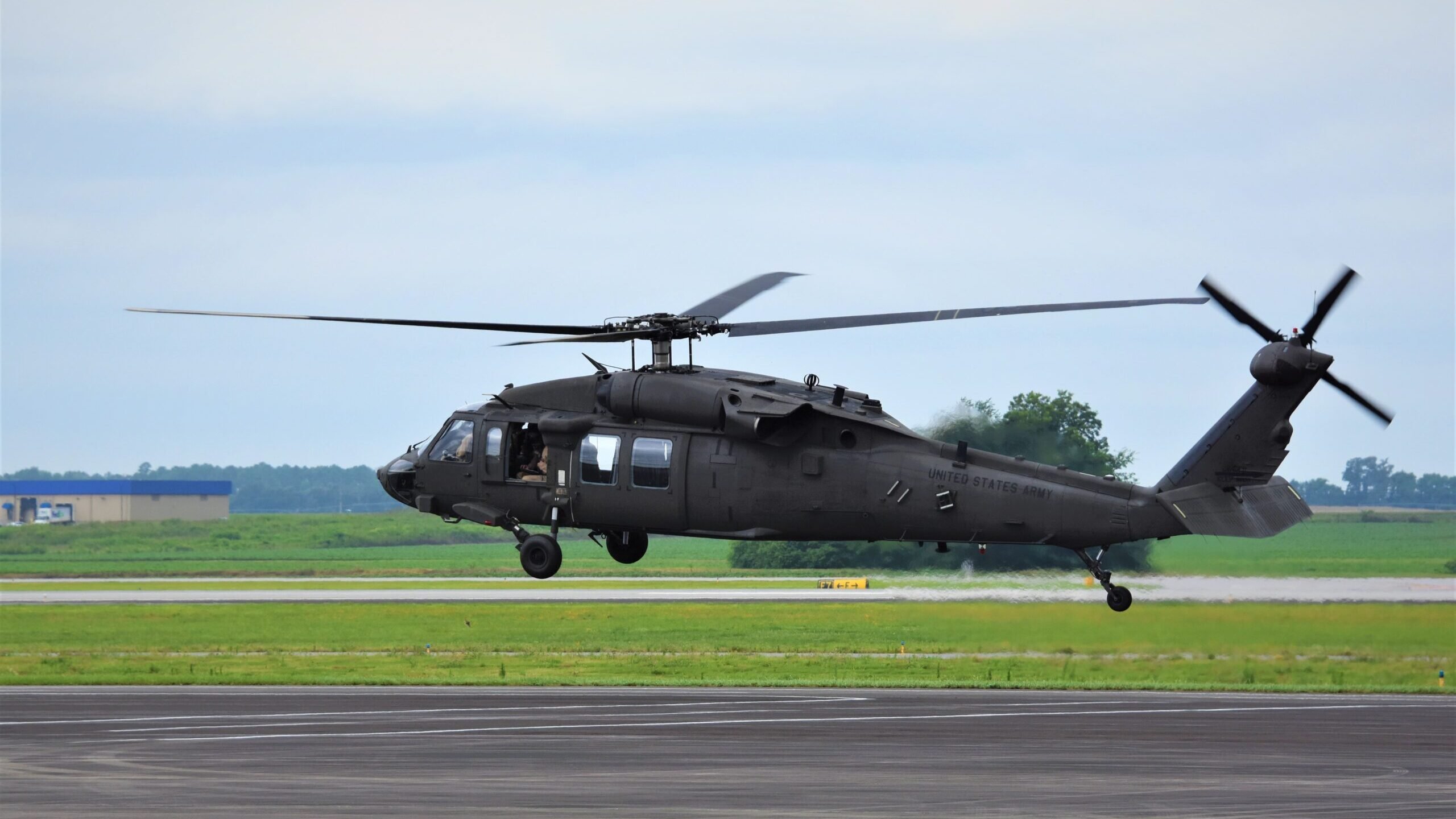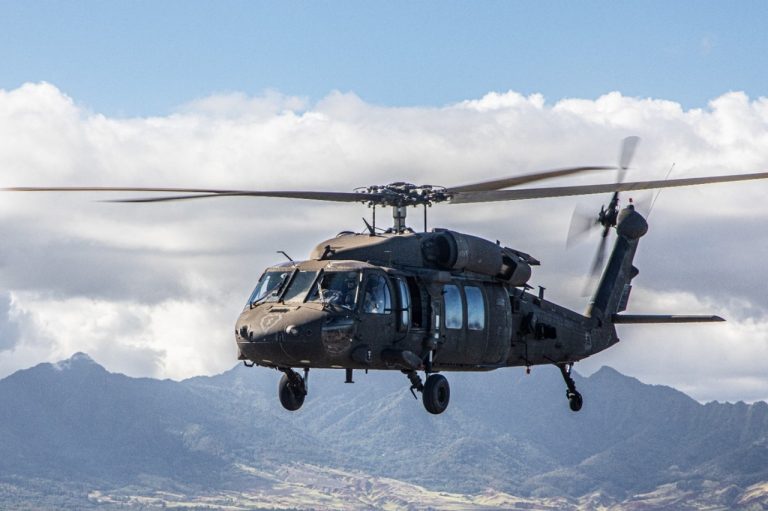UH 60 Black Hawk: Key Attributes and Technologies
UH 60 Black Hawk: Key Attributes and Technologies
Blog Article
The Effect of Sustainable Practices on the Future of Aircraft Operations and Emissions Decrease
As the air travel market faces increasing scrutiny over its ecological effect, the adoption of lasting techniques emerges as an important pathway towards future airplane operations and discharges reduction. Developments in sustainable aviation gas and innovations in hybrid propulsion innovations stand at the center of this improvement, appealing significant decreases in greenhouse gas discharges. However, the successful combination of these efforts depends upon a selection of factors, consisting of regulatory frameworks and industry cooperation. The inquiry stays: just how will these developing techniques reshape the dynamics of flight and contribute to a much more lasting future?

Overview of Sustainable Practices
Sustainable methods in aircraft operations include a variety of strategies focused on reducing ecological influence while preserving operational efficiency. These methods are important in the aviation industry's commitment to reducing its carbon impact and sticking to global environmental standards. Key campaigns consist of enhancing flight courses to reduce gas usage, improving maintenance methods to ensure airplane run at peak effectiveness, and carrying out sophisticated technologies such as winglets and light-weight products that improve aerodynamics.

Educating and involving staff on sustainability practices likewise play an important function, cultivating a society of ecological responsibility within organizations. On the whole, the assimilation of these sustainable practices not just helps decrease discharges yet additionally boosts the lasting viability of the aviation industry, guaranteeing it meets the demands of both clients and governing bodies while adding to worldwide sustainability objectives.
Cutting-edge Gas Alternatives
Numerous innovative gas options are arising as pivotal services to decrease the air travel industry's reliance on typical fossil fuels. Among these alternatives, Lasting Aviation Fuels (SAFs) have gained significant attention because of their possible to lower lifecycle greenhouse gas exhausts by as much as 80% compared to traditional jet fuels. SAFs are derived from various feedstocks, including waste oils, farming deposits, and also algae, making them a flexible alternative for the sector.
An additional appealing alternative is hydrogen fuel, which, when made use of in fuel cells, creates only water vapor as a result. Furthermore, electric propulsion systems are being discovered, leveraging battery technology to power airplane.
Lastly, biofuels stemmed from biomass are being explored, providing a renewable choice that can be combined with standard gas. Collectively, these innovative fuel choices stand for an essential step toward accomplishing a sustainable aeronautics environment, lining up with international emissions reduction targets and boosting the sector's environmental stewardship.
Technical Improvements in Aeronautics

Exactly how can technological innovations reshape the future of aviation? The combination of sophisticated modern technologies is essential in transforming airplane operations, improving performance, and lowering exhausts. Advancements such as hybrid and electric propulsion systems go to the center, encouraging substantial decreases in gas consumption and greenhouse gas discharges. These systems utilize innovations in battery innovation and power monitoring, enabling airplane to run with a lower ecological impact.
In addition, the execution of sophisticated products, such as lightweight compounds, contributes to enhanced aerodynamics and gas effectiveness. The usage of artificial knowledge and device knowing in trip operations enhances course planning and minimizes fuel burn by making it possible for real-time modifications based on weather and web traffic conditions. Additionally, the growth of self-governing and remotely piloted airplane systems stands to revolutionize freight and passenger transportation, click here for more possibly raising efficiency while decreasing human mistake.
Furthermore, sustainable air travel innovations, including sophisticated air website traffic administration systems, can simplify operations and lower congestion, bring about lower emissions throughout trip. These developments jointly stand for a standard change in aeronautics, guaranteeing a future where sustainability and functional efficiency are intertwined, consequently supporting the sector's commitment to lowering its environmental influence.

Regulative Structure and Compliance
Due to the expanding emphasis on ecological stewardship within the air travel sector, the regulatory framework governing aircraft procedures is advancing to advertise lasting techniques. Governing bodies, such as the International Civil Aviation Company (ICAO) and various nationwide aeronautics authorities, are presenting rigorous standards focused on minimizing discharges and improving operational effectiveness.
These regulations frequently include the fostering of Sustainable Aviation Gas (SAF), which has actually been identified as a vital part in attaining reduced carbon footprints. In addition, conformity with these guidelines needs airlines to implement operational methods and sophisticated modern technologies, such as enhanced flight courses and boosted air web traffic management, to lessen gas consumption.
Additionally, the enforcement of exhausts trading plans and carbon balancing out efforts is coming to be progressively widespread, compelling airlines to monitor and report their exhausts accurately. Non-compliance can result in considerable fines, hence pushing drivers to focus on sustainability in their business models.
Ultimately, the advancing regulatory landscape not only drives advancement and financial investment in eco-friendly technologies however also cultivates a society of accountability within the aeronautics market. As these frameworks continue to develop, the concentrate on lasting techniques will certainly be indispensable to attaining the field's lasting ecological objectives.
Future Trends in Airplane Operations
As the air travel sector adapts to a progressively Home Page rigid regulative atmosphere, future fads in aircraft operations are readied to focus on ingenious options that further improve sustainability and effectiveness - uh 60. Key developments will likely consist of the fostering of innovative air traffic administration systems, which use real-time information our website and expert system to enhance trip courses, minimizing gas usage and exhausts
An additional substantial fad is the increased integration of lasting air travel fuels (SAFs) These alternatives to conventional jet fuel, derived from sustainable sources, can significantly lower lifecycle greenhouse gas emissions. The industry's dedication to SAFs will likely increase as airlines team up with fuel producers to ensure availability and cost-effectiveness.
Additionally, the press in the direction of electrification and crossbreed propulsion systems is obtaining momentum. Arising airplane styles will incorporate these innovations, offering quieter and much more reliable procedures, especially for short-haul trips.
Conclusion
Finally, the assimilation of sustainable techniques in aircraft operations holds significant potential for exhausts reduction and enhanced effectiveness. The adoption of sustainable air travel gas, paired with developments in electrical and hybrid propulsion systems, is crucial for reducing lifecycle greenhouse gas emissions. Moreover, maximizing trip courses and welcoming ingenious technologies add to a quieter and a lot more environmentally friendly air travel industry. Collectively, these efforts line up with worldwide sustainability objectives and lead the way for a greener future in aviation.
Advancements in sustainable aeronautics fuels and developments in hybrid propulsion technologies stand at the forefront of this improvement, appealing considerable decreases in greenhouse gas exhausts.Various cutting-edge gas options are arising as pivotal services to reduce the aeronautics market's reliance on standard fossil fuels - uh 60. Amongst these options, Lasting Air travel Gas (SAFs) have gained substantial interest due to their potential to reduce lifecycle greenhouse gas emissions by up to 80% compared to traditional jet gas.An additional significant trend is the enhanced assimilation of lasting aeronautics fuels (SAFs) The adoption of sustainable aviation gas, coupled with advancements in electric and hybrid propulsion systems, is vital for decreasing lifecycle greenhouse gas discharges
Report this page